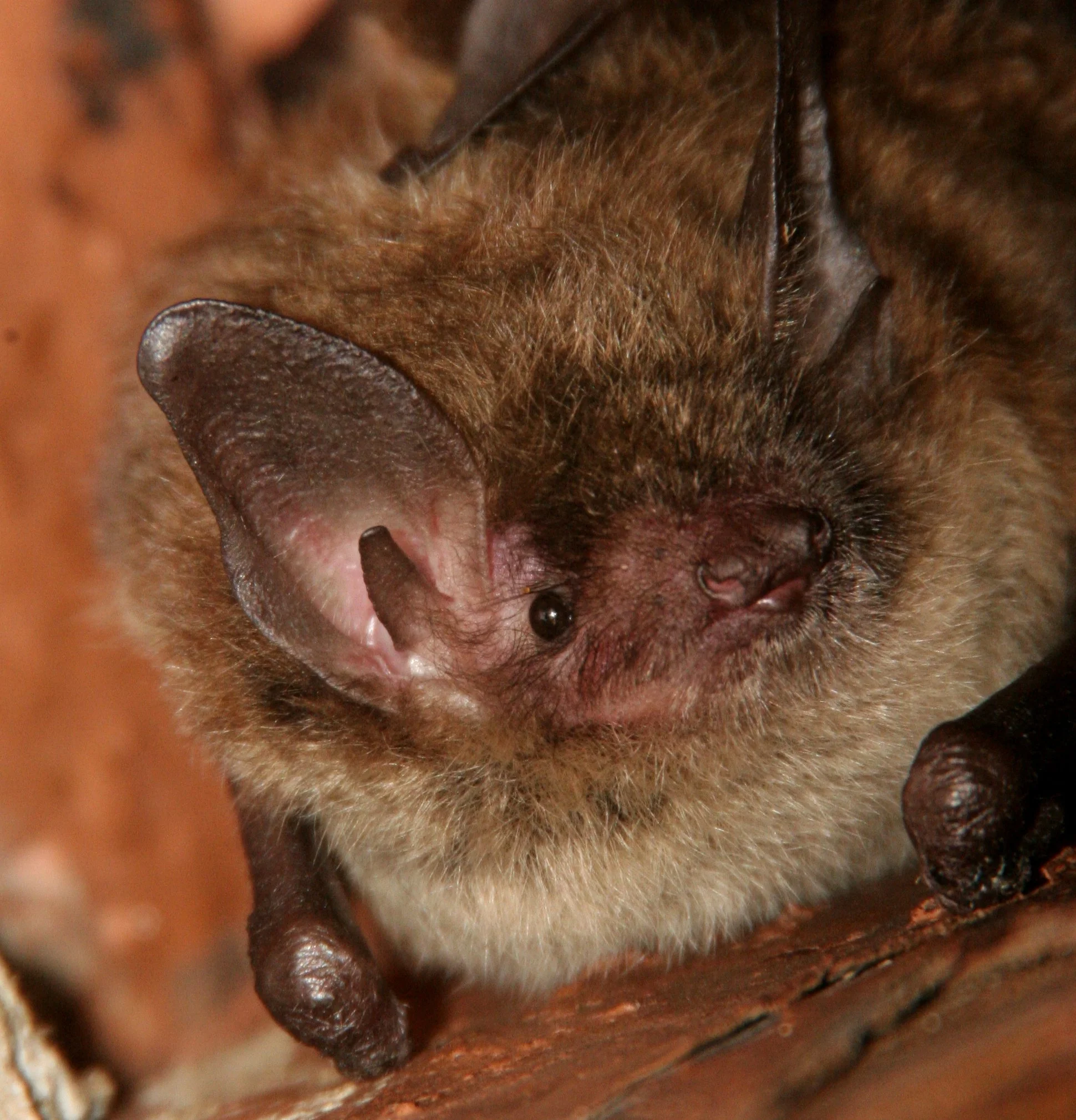Help Protect BC Bats
Feb 28 2023
At HAT, we run the South Island Chapter of the BC Community Bat Program. This year, we are again focusing on spreading awareness about White-Nosed Syndrome (WNS). Threatening BC bats, particularly the little brown bat, this fungal disease has already been detected in Alberta and Washington State. Biologists say the arrival of WNS in BC is imminent. Encouraging the public to report bat activity is our best chance to understand how WNS might spread and affect BC's bats. Though there is not yet a proven cure for WNS, several promising treatment options are being developed, and it may be possible to mitigate the effects of this wildlife health crisis. We aim to spread awareness and encourage residents of the CRD to report any bat activity or sick and dead bats that they see to us here at HAT before May 31st.
This fungal disease does not affect humans but does impact North American bat populations. The name white-nose comes from the fungus growing on their noses and wings giving them a white fuzz appearance. This disturbs them and causes them to wake to clean the fungus off. This uses valuable energy, causing the bats to die from hypothermia and starvation. Millions of bats have been killed since the fungus was first introduced to North America in 2006, and two BC species are now listed as Endangered, the Little Brown Bat and the Northern Myotis. Bats are essential parts of BC’s ecosystems. They are a critical predator for many night-flying insects and provide billions of dollars of economic benefit by helping control agricultural, forest, and urban pests.
From now until May 31st, if you find a dead bat or have sightings of winter bat activity, please report to bat@hat.bc.ca or online at www.bcbats.ca. All live bats should be left alone — keep your distance, snap a photo and report it to the B.C. Community Bat Program. If you must move a bat, visit www.bcbats.ca for advice and never touch a bat with your bare hands. Please note that if you or your pet has been in direct contact with the bat you will need further information regarding the risk of rabies to you and your pet.

